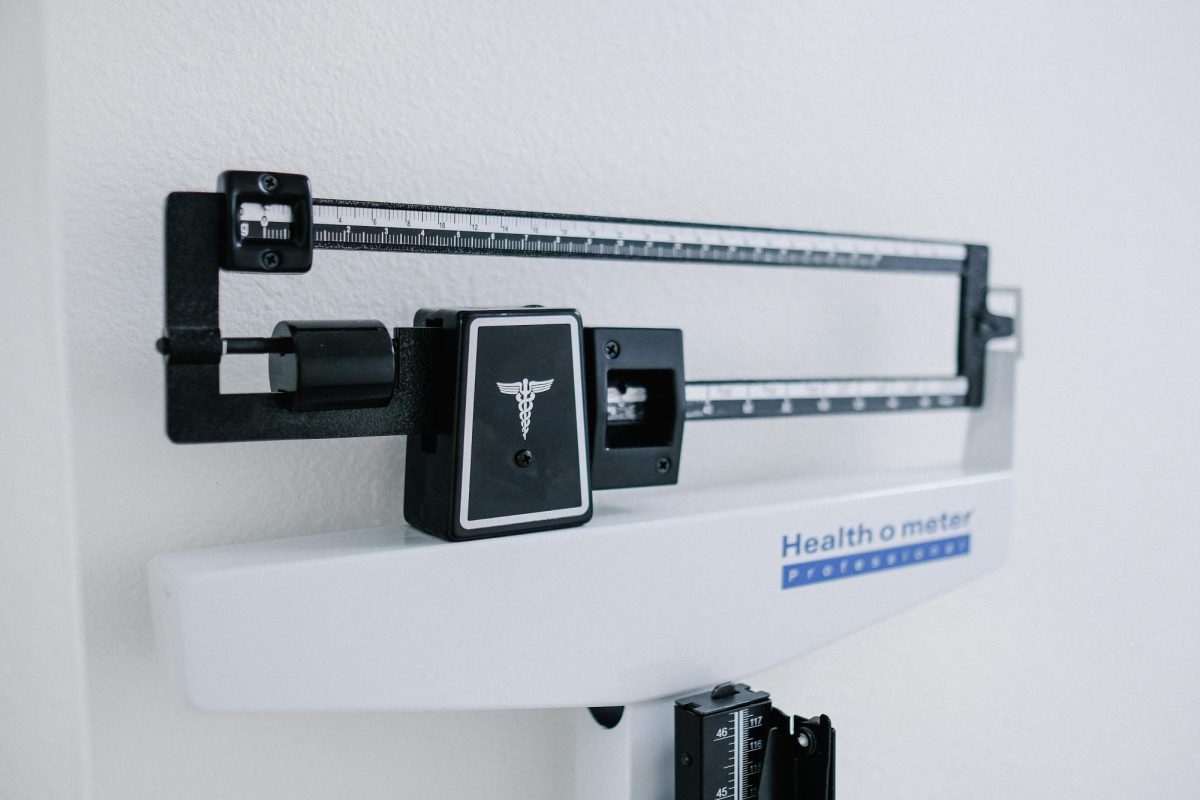Viewpoint by Chris Webb/nw news editor
The price per gallon of gas has risen to $3.58 nationwide, according to the Oil Price Information Service.
Truckers are getting griped at from bosses and forced into “oil conservation” workshops. Cab drivers walk home with thinner wallets everyday. Gas station clerks tire of saying, “Its not my fault; I don’t set the prices.” And people are just downright pissed.
Gas prices are expected to reach an average of $3.60 per gallon during the summer, and with fear of a recession already looming ahead, this price hike spells bad news for the economy across the board.
University of Washington economist Keith Leffler just completed a $161,000 study on the price of gasoline. The report found that gas prices have nearly doubled since May 2003, and from June 2000 to June 2001, retail gas prices varied 11 cents, but between February and September in 2007, gas prices fluctuated 91 cents.
Many cities had below-average wholesale prices but above-average retail prices.
When gas prices peak, the first question on everyone’s mind is “why?” The usual answer is a gas shortage, but this time that explanation falls a little short since we have too much gas.
Bill Day, a spokesman for Valero Energy Corp., told Penni Crabtree of the Union-Tribune, “The price of gas is not high because there is any shortage of it. In fact, there is a surplus of gas … We are running out of places to put it.”
Unfortunately, this time crude oil prices are the culprit, now at a daunting $118 a barrel, and there is little that can be done.
The price of diesel is also soaring, and the effects are felt by more than just truck drivers. It’s bad enough that it costs so much to drive wherever we are going, but rising oil prices are affecting every industry that uses trucks as its main shipping channel.
Thus, produce is expensive now; the food industry is an absolute mess, and even many restaurants are struggling to make a profit.
Americans need to take this issue into their own hands. Instead of traveling to work alone, commute, or better yet, get a bicycle. No one is going to change anything by complaining. Oil and gas tycoons have made it very clear that they don’t care. The only way to bring about change is to hurt the suppliers’ wallets.
If everyone becomes less dependant on gasoline, if alternative fuel sources are taken advantage of and alternative methods of transportation utilized, then the prices will inevitably fall.


























